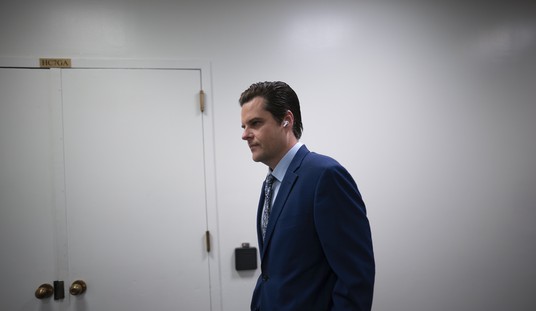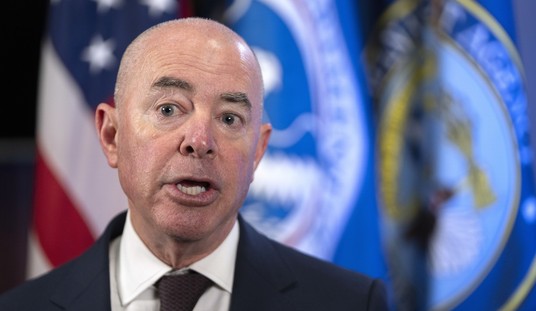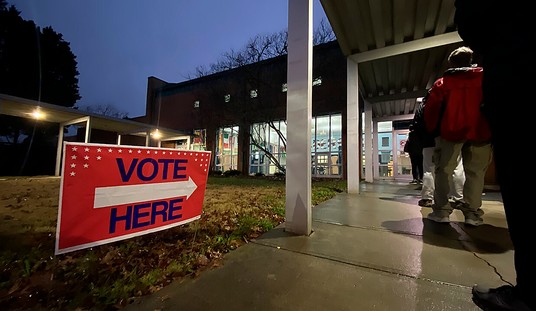Recently published projections for the U.S. population from the U.S. Census Bureau present a picture that should concern every American.
It's a snapshot of a dying society. It's surprising and shocking that it's not getting more attention.
The Census Bureau projects that the U.S. population will stop growing toward the end of the century. After peaking at 370 million in 2080, it will drop to 366 million in 2100, less than 10% higher than where it stood in 2022.
By 2029, the percentage of Americans over the age of 65 will exceed the percentage under 18, and by 2038, the number of deaths in the nation will exceed the number of births.
Thinking about this in the most basic terms, at any point in time a given percentage of the population is working and net producing and a given percentage is not working and net consuming. As a population ages, the percentage working and producing shrinks and the percentage consuming grows.
Our health care expenditures, for instance, consume almost 20% of our GDP. In 2019, 30% of our population was age 55 and above but consumed 56% of our health care expenditures.
As the population ages, an increasing percentage of GDP will be required for health care.
There's discussion now about the viability of Social Security. At the core of this discussion is the economics of the system, in which the funds retirees receive come from the payroll taxes that those working pay.
A diminishing number of those working per each retiree strains the financial viability of the system.
Per the most recent report of the Social Security Trustees: In 1950, there were 16.5 working and paying for every retiree. By 1960, this was down to 5.1. Now it's 2.7. The trustees project that by 2040, it will be down to 2.3; and by 2065, 2.1.
Recommended
So, we see the claim that, from a political perspective, there is a so-called social agenda -- marriage, family, children, abortion -- and an economic agenda -- spending and taxes -- and that these have nothing to do with each other is false.
Abortion, the collapse of marriage and family, and dropping fertility rates have everything to do with the overall health of our society.
As we look at this data from the Census Bureau projecting an aging country and a shrinking population, we need to look at the changing values prevailing in our culture as the number one culprit driving our problems.
Earlier this year this year, The Wall Street Journal released polling done jointly with NORC (National Opinion Research Center) at the University of Chicago under the headline "America Pulls Back From Values That Once Defined It."
Regarding religion, 39% said it's "very important to them," compared to 62% who said in 1998 that religion is "very important." Regarding having children, 30% said it's "very important" compared to 60% who said it was "very important" in 1998.
Among those under the age of 30, only 23% said having children is "very important."
Behavior reflects prevailing values. Americans are bringing fewer children into the world. The current U.S. fertility rate is 1.67 children per woman, well below the 2.1 needed to maintain the current population size.
What has driven the collapse of our culture? One major culprit is misguided court decisions that pulled prayer and religion out of our public schools.
Recently, Harvard economist Roland Fryer wrote in The Wall Street Journal about the need for "real school choice."
He appeals for the original vision of economist Milton Friedman for "parents to have the autonomy to select the optimal educational environment for their children, unbounded by geography or income brackets, and to take their full allotment of education funds with them."
Giving parents control of their child's education would be a major step in combatting the widespread collapse in values that has so badly damaged our nation.

























Join the conversation as a VIP Member